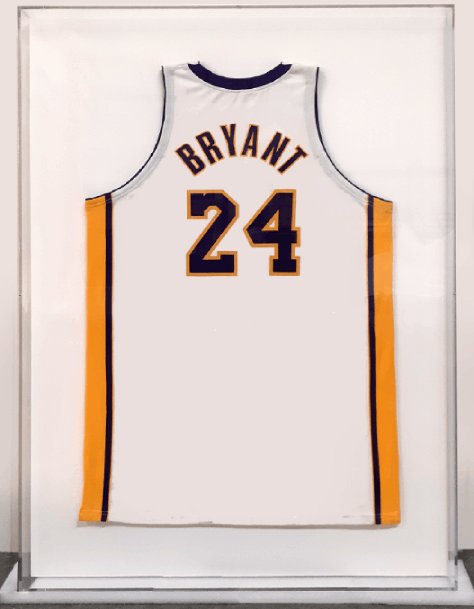For Aston Martin, the problem was counterfeit DuPont plastic material used by a Chinese supplier in a relatively small and unsophisticated part – accelerator pedal arms. Recall: 17,590 cars.
BMW recalled more than 156,000 cars to fix bolts to hold a camshaft housing that were found at risk of loosening and breaking. Chrysler had ignition switches that might “over-travel” and recalled 900,000 vehicles. Mercedes-Benz recalled more than a quarter-million cars to fix faulty tail-lamp connectors. Ford recalled nearly 1.4 million vehicles to fix floor mats, rust in the licence plate lamp and electrical problems in the power steering.
We’ve barely touched on the millions of vehicles recalled in 2014. GM has issued 54 recalls totalling 28.9 million vehicles globally, including the small-car ignition switch problem in the Chevrolet Cobalt and its ilk. The cost to GM alone will be in the billions.
Do you see a pattern in all these recalls? You should. More often than not, small parts and arguably minor issues are causing massive migraines for car companies. In most, what’s involved is a relatively low-tech part and an affordable solution.
Aston had a nickel-and-dime problem with fake plastic in a minor part of its $150,000-plus cars. Ford had to deal with problematic floor mats worth what, $50 at Canadian Tire? Mercedes had tail-lamp connectors valued at perhaps a buck. And Toyota suffered from bad splash protectors – worth a few dollars at most, wholesale – that might affect the security of a spare tire no one is likely ever to use.
Even GM’s ignition switch is hardly the most costly part in a Cobalt. And to make changes to fix it would have cost GM less than a dollar per unit, according to reports. So for want of an inexpensive repair on an everyday part, GM’s ignition switch problem has gone from crisis to catastrophe. The company estimates 54 related accidents and 13 fatalities are involved and most observers expect those numbers to rise.
GM is in recall hell because of a commonplace part that was poorly designed and could have been fixed for almost nothing. But we should note that all car companies face challenges like this almost daily. Any one of the 1,800-2,200 parts in a car can bring a car company to its knees if not designed properly or if a recall is handled badly. Just ask Toyota.
Earlier this year, Toyota agreed to pay $1.2-billion (U.S.) after reaching a deal with the U.S. government after admitting “that it misled U.S. consumers by concealing and making deceptive statements about two safety issues affecting its vehicles, each of which caused a type of unintended acceleration.” Remember, Toyota’s woes began with recalls in 2009 having to do with what Toyota says were ill-fitting floor mats and sticky gas pedals.
The bad news is we’re likely to keep seeing huge numbers of recalls going forward, says Stout Risius Ross Inc., a financial advisory firm. That is, the number of new models being introduced is surging and the cars coming to showrooms are loaded with increasingly complex technology. Government regulators are scrutinizing car companies like never before, too, itching for the theatrics that come with dragging a company boss before a committee or hearing.
Thus, car companies – in the wake of Toyota’s and now GM’s problems – are acting on the side of caution when it comes to recalls. When in doubt, bite the recall bullet immediately. As well, car companies need to be cautious with suppliers (see Aston Martin) and will issue a recall if there is any doubt. Then there’s the trend to use common parts across product lines. This practice is accelerating, which if a part fails in one car it could fail in millions and they all need to be recalled.
You think this is a big year for recalls? Wait ‘till 2015.
source: http://www.theglobeandmail.com/globe-drive/news/industry-news/how-small-car-parts-can-bring-huge-auto-makers-to-their-knees/article19512466/








